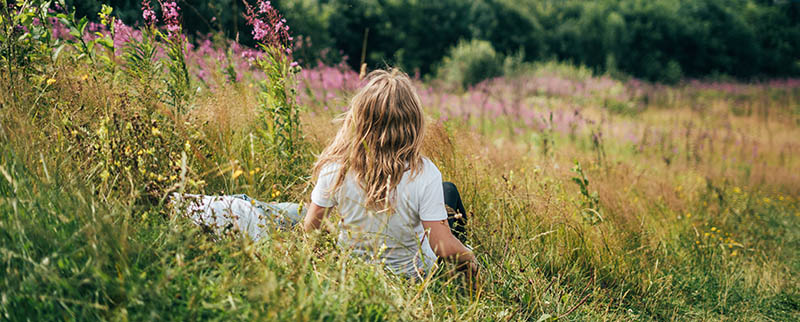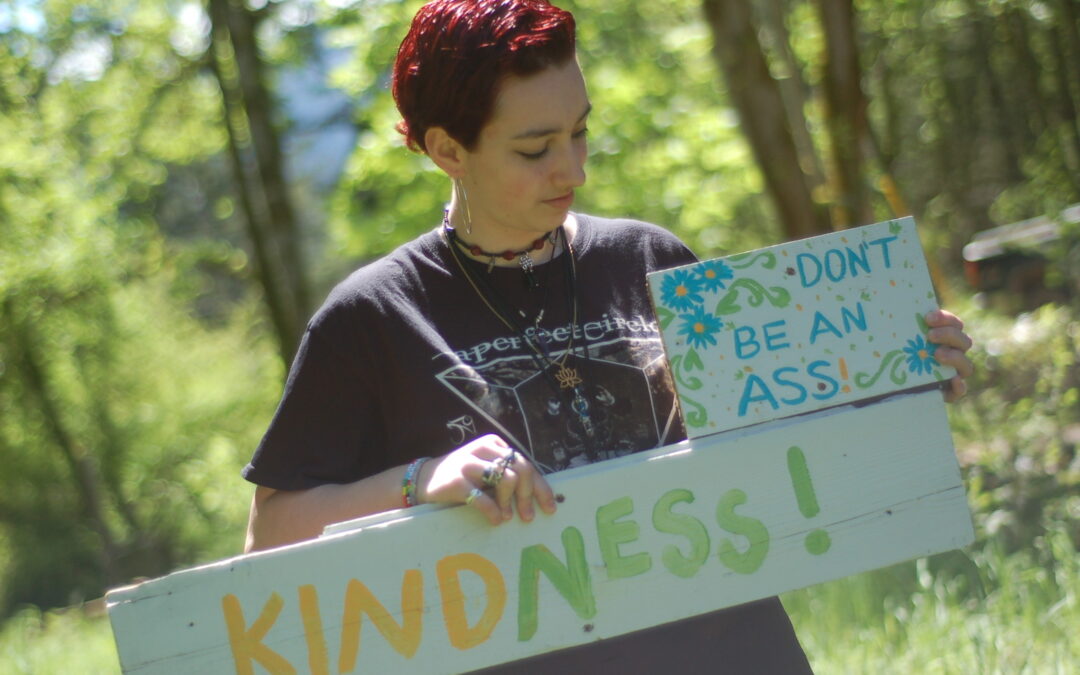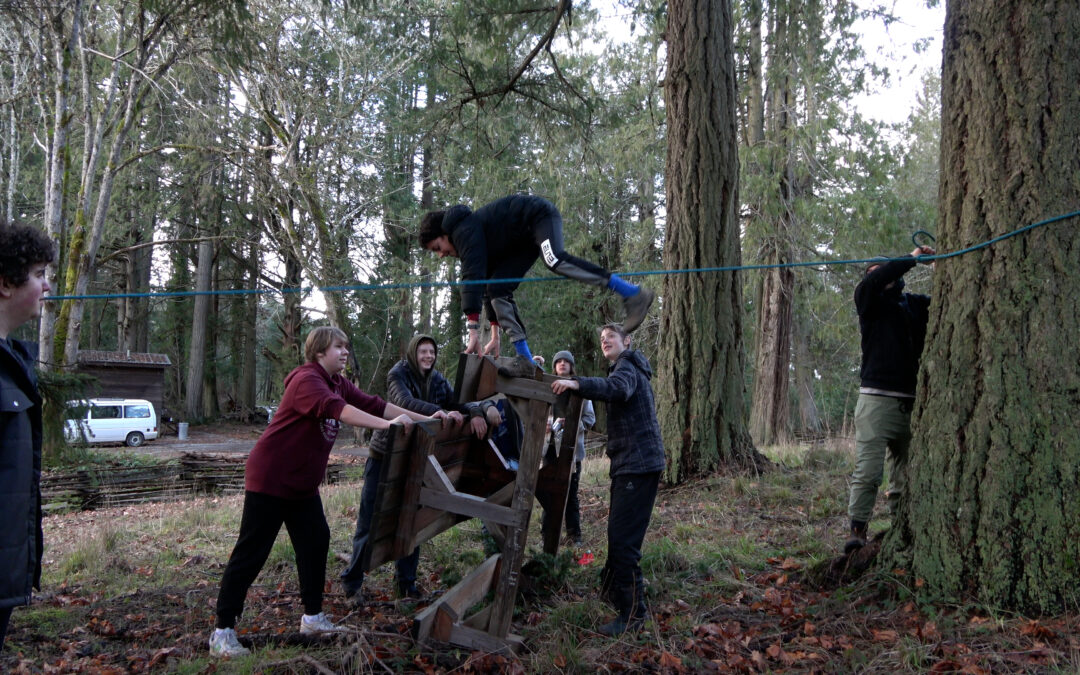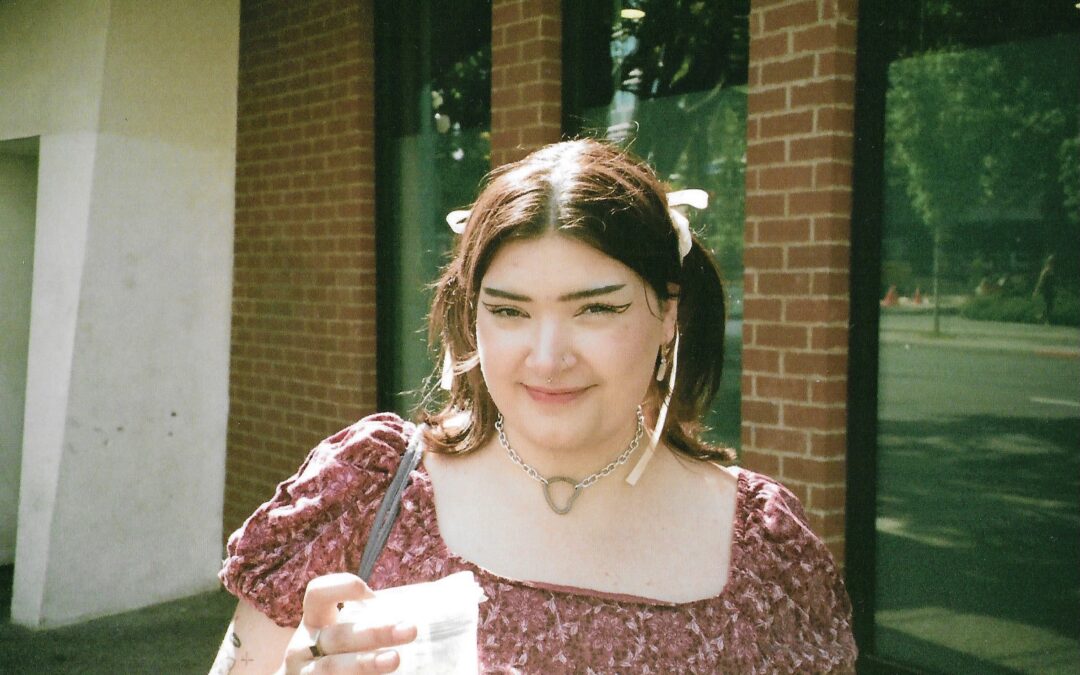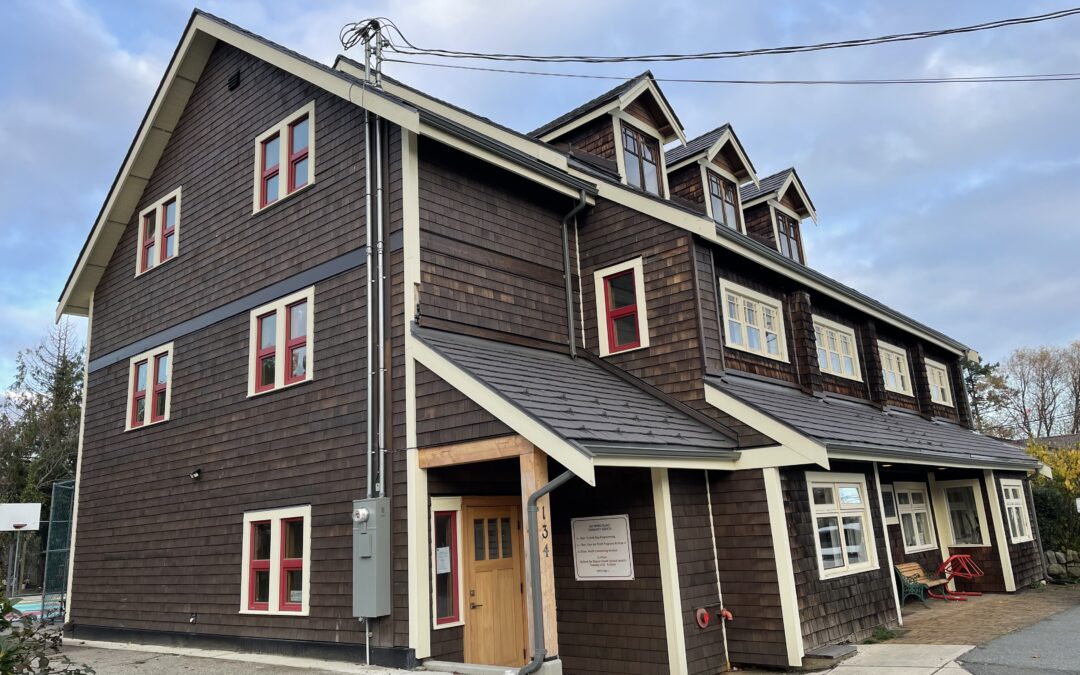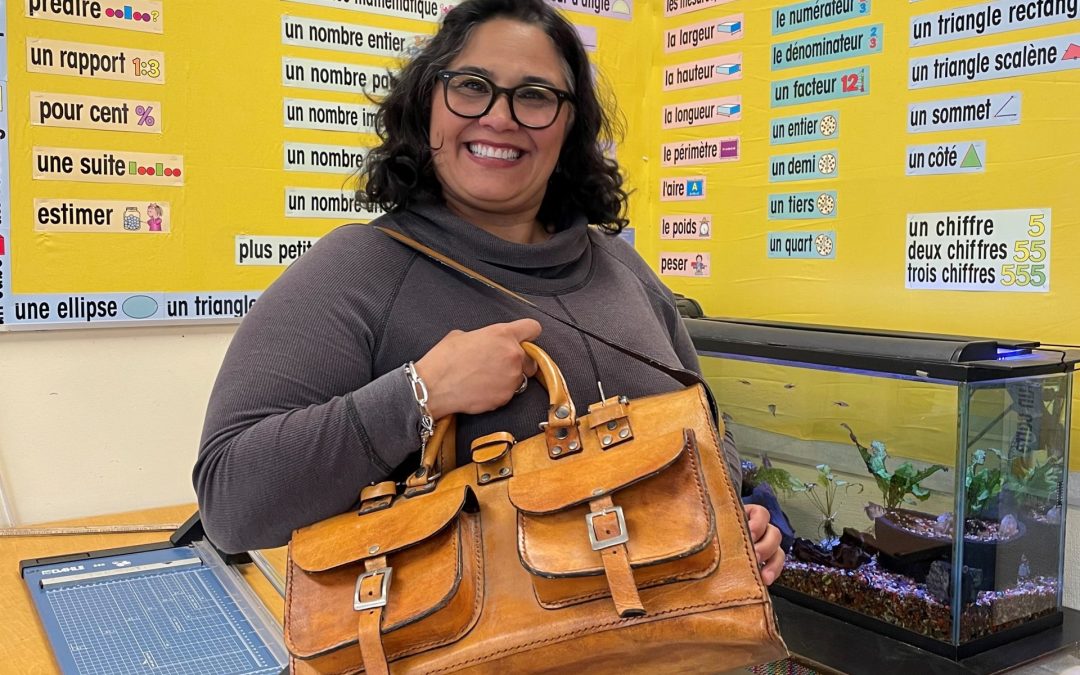The Pass It On female teen mentorship program has now completed its second year. This year there were 16 mentors and 16 buddies. The mentors met weekly with their mentor supervisor, Kate Maurice, for support and guidance. In addition, they met monthly as a group with their buddies, engaged in group activities like yoga and team games. The mentors were also offered opportunities to meet with women in the community who shared their talents and journeys as professional women. The final component involved the mentors meeting one on one with their buddies over a 7-month timeframe often to go swimming, to a movie, to go for coffee or informally ‘hang out’ at each other’s homes.
SWOVA always invests in an evaluation component of their programs. The mentors and buddies completed pre and post surveys outlining their expectations and resulting successes and challenges while participating in Pass It On. In addition, the evaluator gathers informal responses regarding the teens’ personal self-concept and social relationships prior to being involved in the program and after forming a more intimate connection with an older female teen.
Pass It On would not be the successful program it is without the willingness of young mentors to reach out to younger buddies and forge connections that are not necessarily common across the age span. We applaud their courage, their passion, and their compassion as they reach out to others. And a huge thanks to all the buddies who take a risk to share so honestly and welcome the support of these older female teens. What follows are quotes from both the buddies and mentors.
Buddies
“I will be more confident around older teens next year.”
What’s the best part about having a mentor?
- “Getting to know someone who is older than you so you have someone to look up to.”
- “I got to have an older sister figure.”
- “Having someone older to talk to about things.”
- “It made me feel that high school wasn’t so big.”
Mentors
“It’s empowering to feel needed.”
Challenges
- Getting together
- Time
- Dealing with parents
- How to keep your buddy interested
What’s the best part about having a buddy?
- “Making a really close connection, which you normally wouldn’t make.”
- “I felt like the whole group mentored each other.”
- “Listening is a huge part and people feel more comfortable, and sharing from your personal experiences.”
- “Having your buddy feel comfortable enough to come to talk to you about personal things.”
- “Becoming a tight group (with the other mentors and Kate our mentor supervisor).”
- “It was a very honest group and I felt open and secure.”
- “Getting to know and trust people that I wasn’t closer with.”
- “Guest speakers.”
- “Kate was so open to new ideas and she seemed to know a lot so she could give us lots of advice.”
Chris Gay – Pass It On Coordinator

